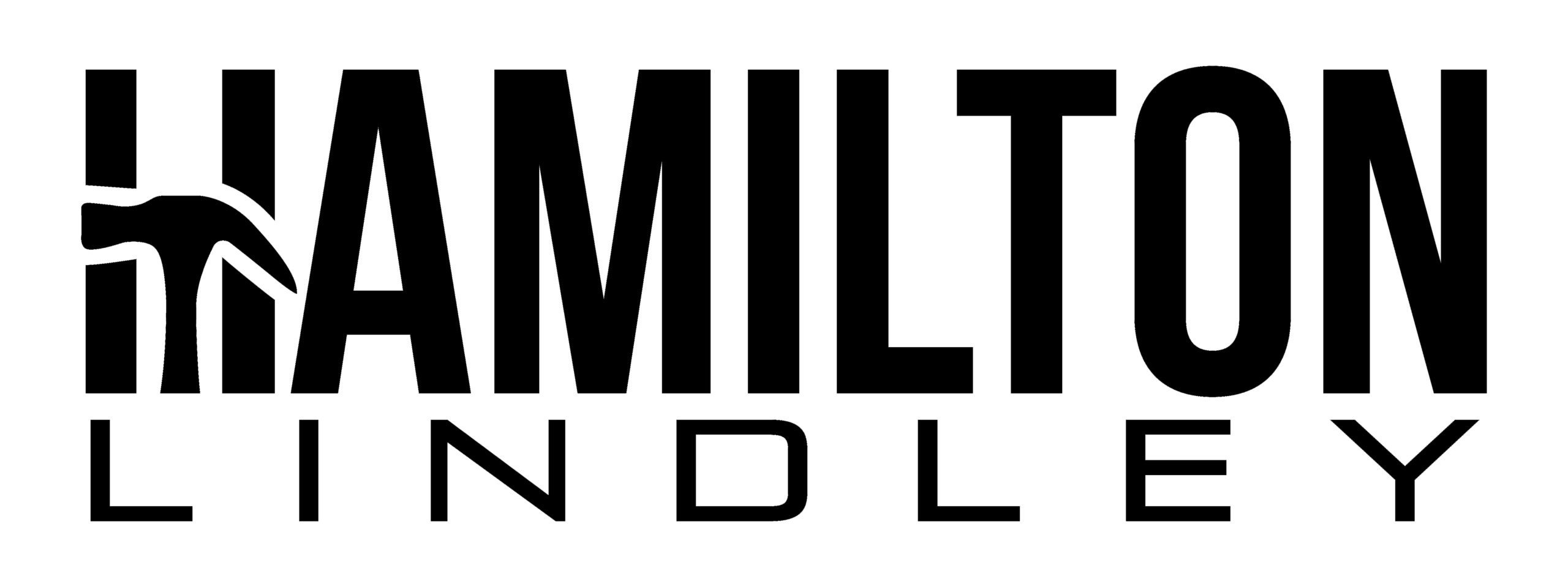As managers, it’s important to get feedback from our team members in two ways. We need to ask for feedback from those who report to us because even though we might know our strengths and weaknesses, we won’t get better without understanding their experiences. How else would we know what we need to stop doing?
Here are five common challenges leaders face when asking for helpful feedback from their team:
- Worrying if You Want to Hear It:
Employees expect to receive feedback from their boss, but they might not know it’s okay to give feedback to their supervisor. Let them know you want and expect their advice on your management. You can explain that improving yourself is a commitment you’ve made and ask for their help in keeping that promise. - Worrying About “Doing it Right”:
Giving effective feedback is a skill that needs practice. Tell your team that feedback is a talent gained through practice and encourage them to practice with you. Assure them they don’t have to be perfect; they just need to show a desire to practice and improve over time. Share that mastering a new skill has four stages and celebrate their progress.
- Unconscious incompetence (“I’m not sure I know how to accomplish this.”)
- Conscious incompetence (“Now I know I’m not very good at this.”)
- Conscious competence (“I now know that I can accomplish this well.”)
- Unconscious competence (“I do something well without even realizing it.”)
- Fear of Retaliation:
Acknowledge the power dynamic and show empathy. Let them know you understand how difficult it is to provide feedback to someone in a position of power. Reassure them that you value their input, even if it’s unfavorable, and that you want to improve. - Concern About Hurting Your Feelings:
Show self-awareness by providing constructive comments to yourself first. Admit to your own areas of improvement and invite them to share their experiences. Make it clear that you are open to feedback and want to make your job easier for them. - Suspicion That Nothing Will Change:
Inform your team about your plans for the feedback they provide. Be transparent about whether you can address it immediately or need time. Reassure them that you value their input and have a strategy to make changes. Actively invite feedback and show that you are committed to continuous improvement.
Even if you’ve created a safe environment for feedback, understand that power imbalances and past experiences may make it challenging for your team. Encourage a culture of continuous learning for both you and your team, as it leads to ongoing progress.

